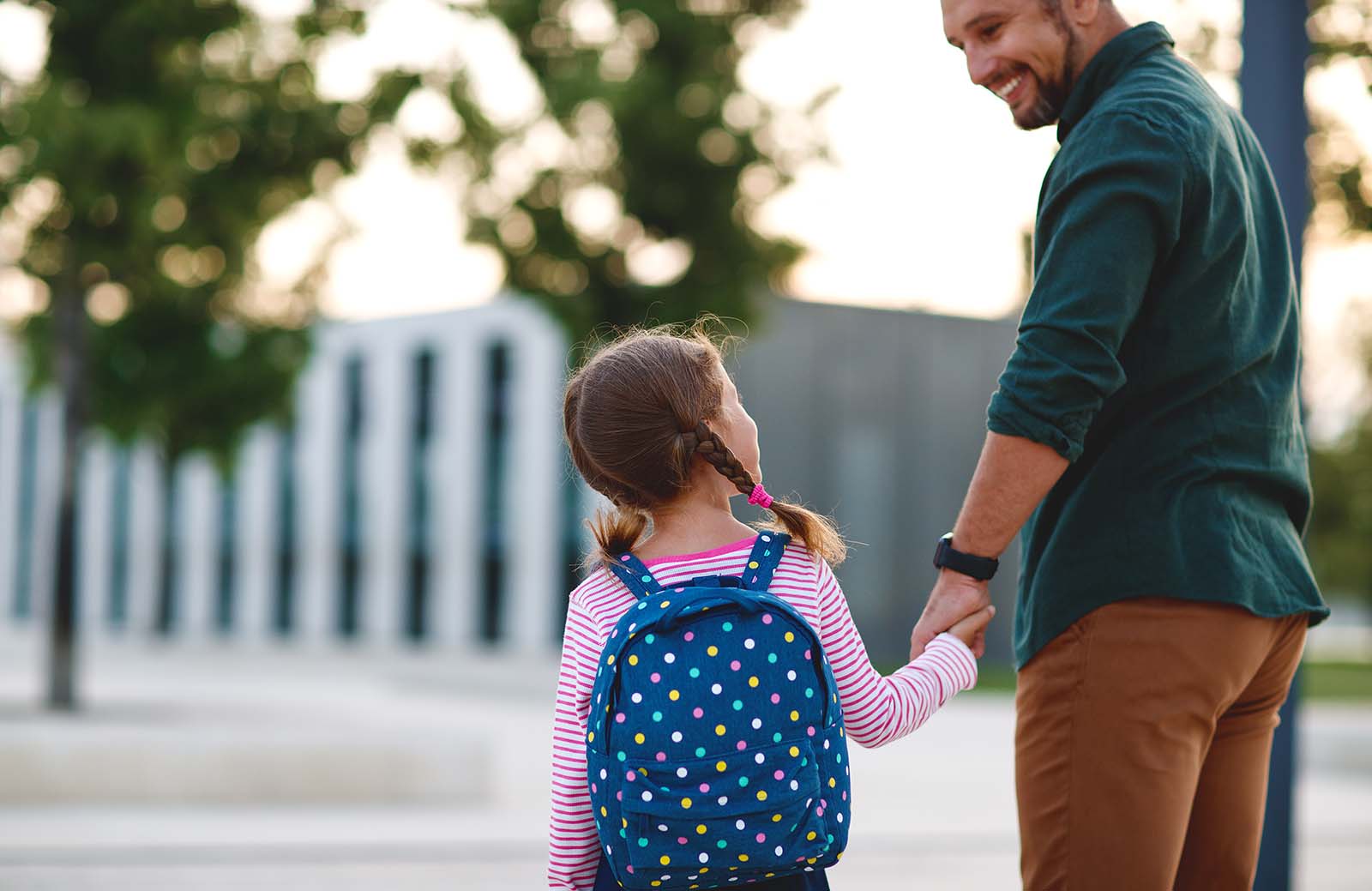Back-to-School Readiness: Tips for Preparing Your Children for the New School Year
August 16, 2024
As summer winds down, it’s time to start preparing your preschooler for the new school year. Transitioning from the relaxed summer schedule to a structured school routine can be challenging for young children. Here are some practical tips to help ease the transition and ensure your child is ready for the school year ahead.
1. Establish a Routine
Begin adjusting your child’s sleep schedule a few weeks before school starts. Gradually move bedtime earlier and wake your child up closer to the time they’ll need to get up for school. Establish a consistent morning routine that includes getting dressed, eating breakfast, and brushing teeth. Consistent routines help children feel secure and make the transition to school smoother.
2. Create a Learning Environment at Home
Set up a dedicated space for your child to do school-related activities at home. This can include a small table and chair, books, and art supplies. Encourage activities that promote fine motor skills, such as coloring, cutting with scissors, and building with blocks. Creating a positive learning environment at home reinforces the importance of education and prepares your child for classroom activities.
3. Talk About School
Discuss what to expect at school with your child. Explain the daily schedule, including activities like circle time, snack time, and outdoor play. Use positive language to build excitement and reduce anxiety. Reading books about starting school can also help children understand what to expect and feel more comfortable with the transition.
4. Visit the School
If possible, visit the school with your child before the first day. Meet the teacher, explore the classroom, and familiarize your child with the playground and other facilities. This familiarity can help reduce first-day jitters and make the school environment feel more welcoming.
5. Encourage Independence
Help your child develop independence by practicing tasks they will need to do at school, such as putting on their shoes, zipping their backpack, and using the restroom independently. Encouraging independence boosts your child’s confidence and makes the school day run more smoothly.
6. Focus on Social Skills
Playdates and group activities can help your child develop social skills. Encourage sharing, taking turns, and communicating with peers. These skills are crucial for building positive relationships with classmates and adapting to the school environment.
7. Prepare for Separation
Separation anxiety is common among young children. Practice short separations to help your child become comfortable with being away from you. Develop a goodbye routine, such as a special hug or phrase, to provide reassurance and make departures easier.
8. Gather School Supplies Together
Involve your child in shopping for school supplies. Let them choose their backpack, lunchbox, and other items. This involvement can make them more excited about school and give them a sense of ownership over their school experience.
9. Maintain a Positive Attitude
Children pick up on their parents’ emotions. Stay positive and enthusiastic about the upcoming school year. Reassure your child that school will be a fun and exciting place where they will learn new things and make new friends.
10. Stay Involved
Once school starts, stay involved in your child’s education. Attend parent-teacher meetings, volunteer in the classroom, and stay informed about school events. Your involvement shows your child that you value their education and supports their learning journey.
By following these tips, you can help your child feel prepared and excited for the new school year. Remember, the goal is to create a smooth transition that fosters a love for learning and sets the stage for a successful academic journey.



